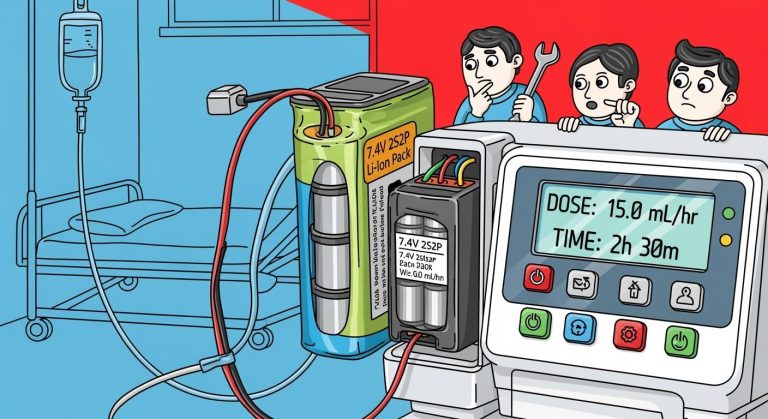Blog
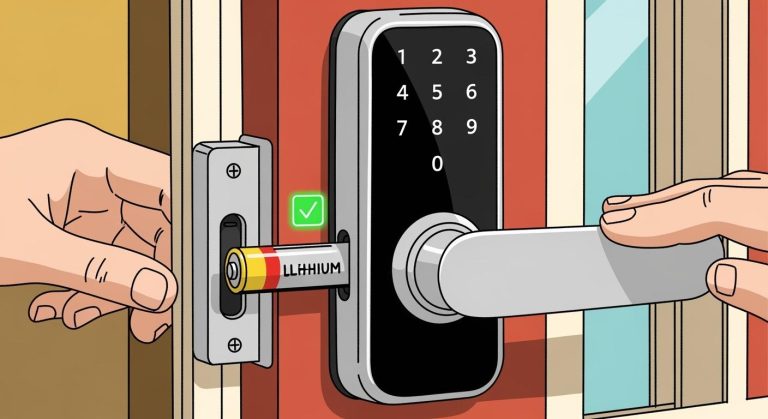
Lithium battery for smart door lock offers stable power, long life, and reliable operation, reducing...
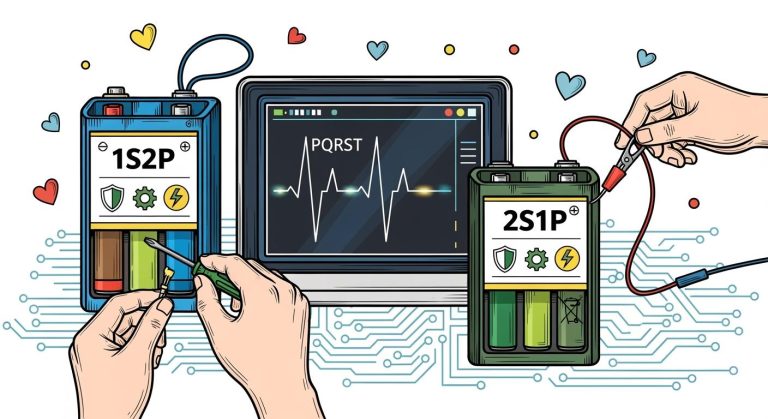
Battery solutions for ECG monitors: Compare 1S2P vs 2S1P packs, ensure safety, compliance, and maximize...
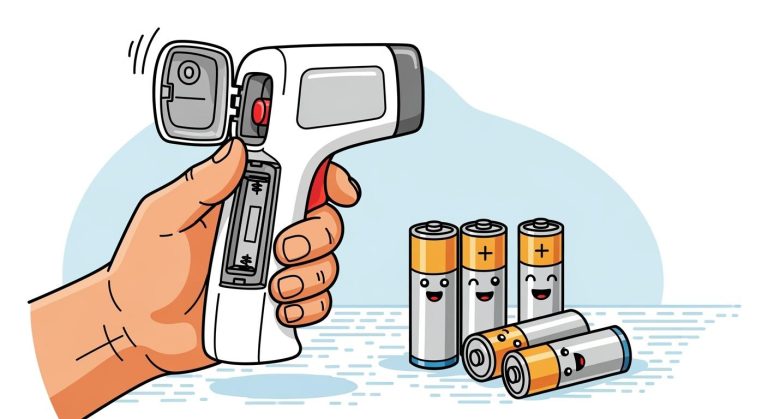
Infrared Thermometers use lithium and rechargeable batteries for reliable, long-lasting performance in...

Custom battery packaging ensures inspection devices meet international certification by enhancing safety,...
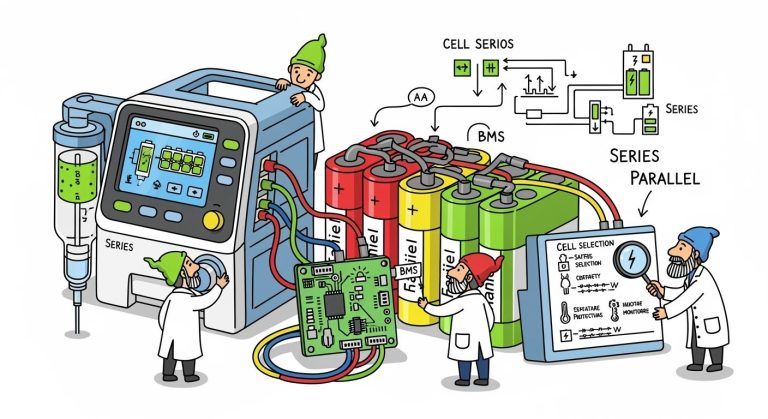
Custom lithium battery design for disposable surgical tools ensures safety, compliance, and reliable...
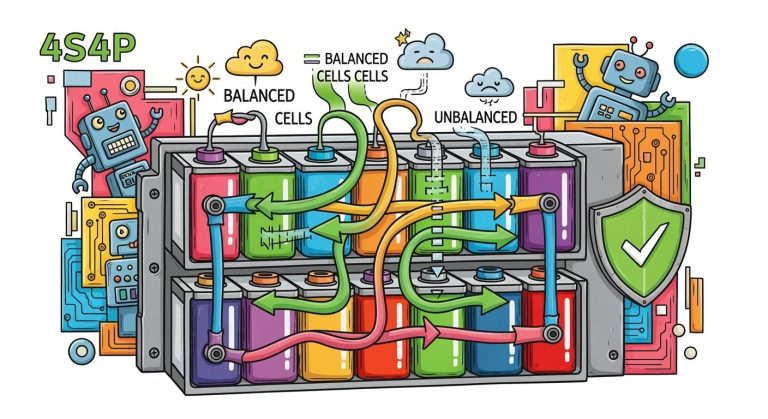
Multi-Level Cell Balancing in a 4S4P pack keeps cell voltages uniform, reducing stress, preventing premature...
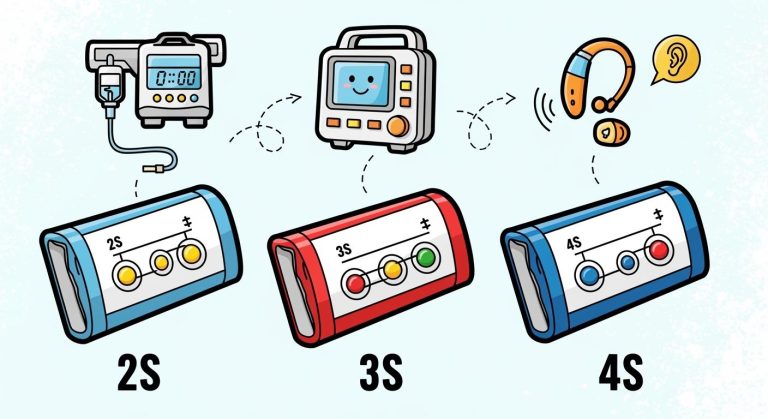
Compare 2S, 3S, and 4S lithium battery architectures for medical devices, focusing on voltage, safety,...
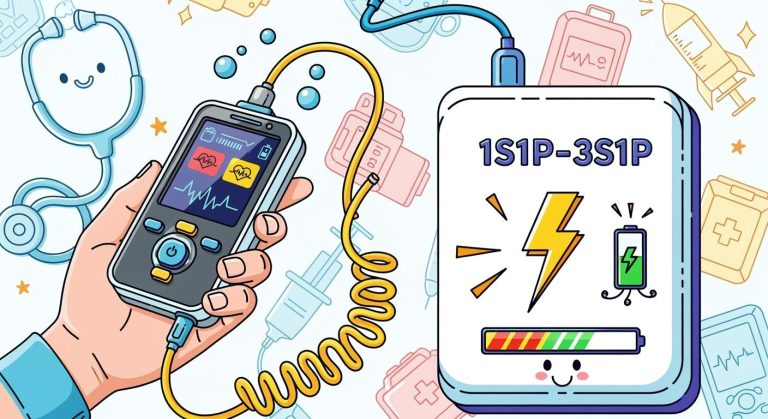
Fast-Charging Design for handheld medical devices: Ensure safety, efficiency, and compliance while optimizing...
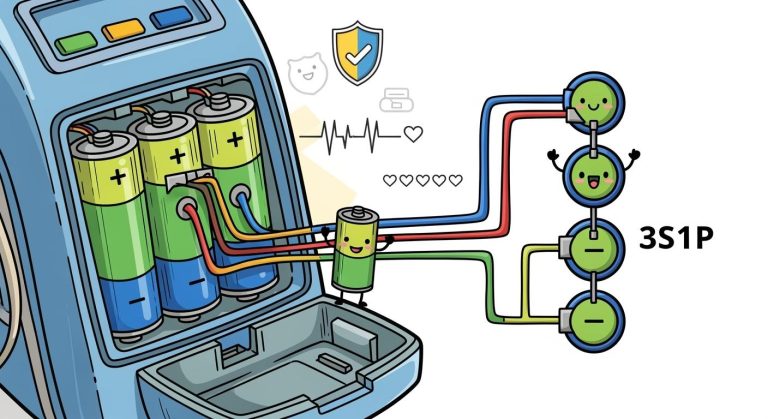
Reliability analysis shows 3S1P batteries offer stable voltage, safety, and long life, making them the...
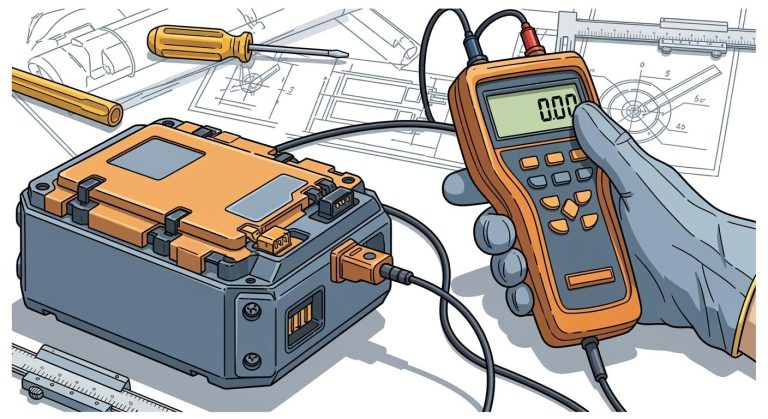
Engineering Rugged Battery Packs for handheld testers ensures durability, safety, and compliance with...
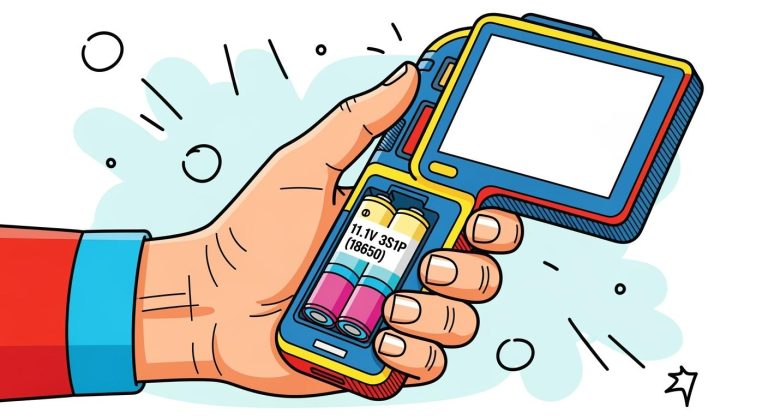
Balancing Power and ergonomics with an 11.1V 3S1P (18650) pack ensures optimal runtime, comfort, and...
No posts found

